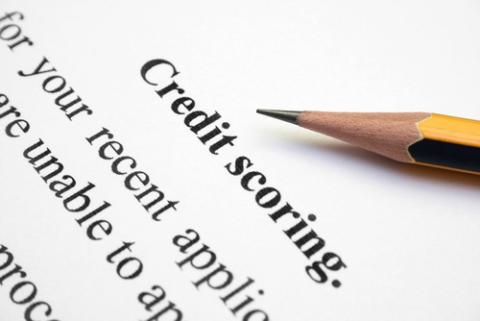
There are many myths when it comes to credit, and one of the most prevalent seems to be that you can severely affect your score simply by checking your credit report and your credit score.
Does checking your credit score lower it?
Checking your credit score, does not lower it. In fact, knowing your score and where you stand is important for keeping yourself on track with building credit, or with credit recovery, and can help detect fraud or identity theft. There are now even easier and more trustworthy ways to check your credit score. If you have a credit card or a current loan open, you most likely can check your credit score within your account. You can also check for free once each year at www.annualcreditreport.com.
Why is it good to check your credit score?
- Know where you stand. Your credit score is an important part of your total financial health. Whether good or bad, it is better to know your credit score than to have no idea where your credit stands.
- Keep your credit in good standing. It takes months, years even to build up a good credit history. Monitoring your credit score puts you in control of your credit and makes you more accountable for keeping your credit score at its best.
- Make sure your credit information is accurate. Your credit score reflects the information in your credit report. Checking your credit score can give you an indication as to whether your credit report is accurate. Checking your credit score can provide you with additional information as to why a score is changing. Checking this for accuracy helps you to dispute mistakes or catch fraud or identity theft.
- Respond to changes quickly. Checking your credit score regularly informs you of changes to your credit score much sooner. If your credit score falls, you can use the information in your credit report to figure out what might have caused the change. Then, you can take steps to build back your credit score.
What does hurt your score?
Here is a sampling of things that can lower your credit score (for a more in-depth look at credit, see our free e-book: Building Blocks of Credit):
- Too many credit checks by others, like credit card companies, banks, car dealerships, and lenders. When you apply for several loans for cars within a short time frame, the credit reporting agencies see the activity as negative, and may lower your score accordingly.
- Carrying balances on multiple credit cards and loans. Carrying balances on multiple accounts can be challenging because you risk missing payments, and that can result in a big hit to your credit score. Consider taking out a low-interest loan to consolidate the debt – and set a goal for paying it off.
- Paying bills late. Your credit history is a huge part of your score and paying on time will keep your score higher. Paying credit cards late can mean a major wallop to your credit, because it can increase your interest rate, incur late fees, and linger on your credit report for years.
The late-payment grace period
Late payments aren’t reported to the credit bureaus until you’re 30 days past due, so if you have a month where you’re playing catch-up, you have a window of time to get your payment in before it’s reported. In general, though, aim to pay before the actual due date.
When it comes to credit, your score reflects your habits – good and bad – and is simply an indication of where you stand in relation to risk. If you have a high score, banks and lenders know that you will be less likely to default on a loan, and if you have a lower score, the risk of default increases, so your interest rate will, too.
Credit scoring can be difficult to understand, especially when there are so many myths surrounding the topic, like does checking your credit score lower it? With these resources, and others on the Cobalt CU website, you can set yourself up for credit score success.

